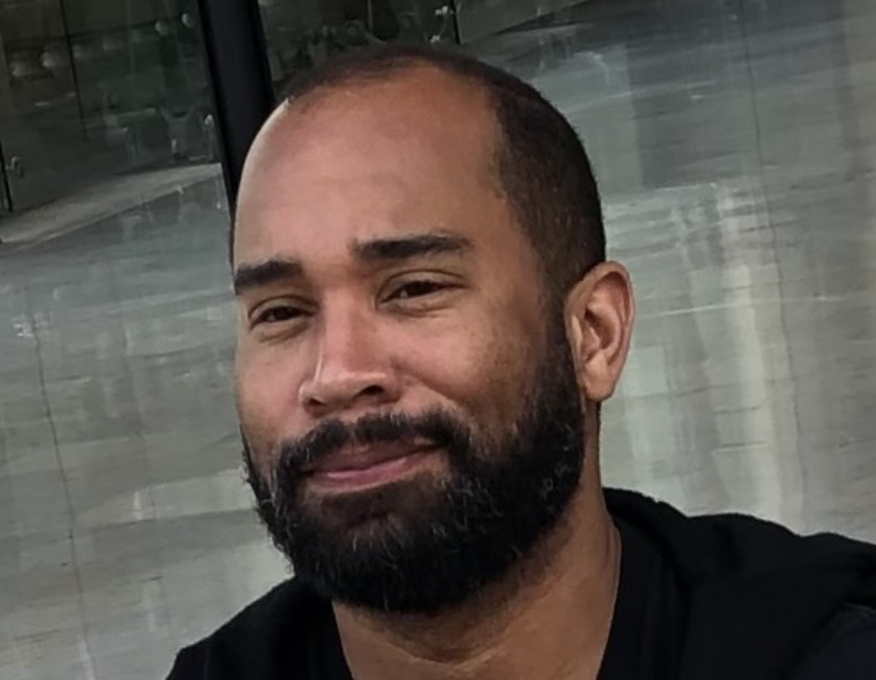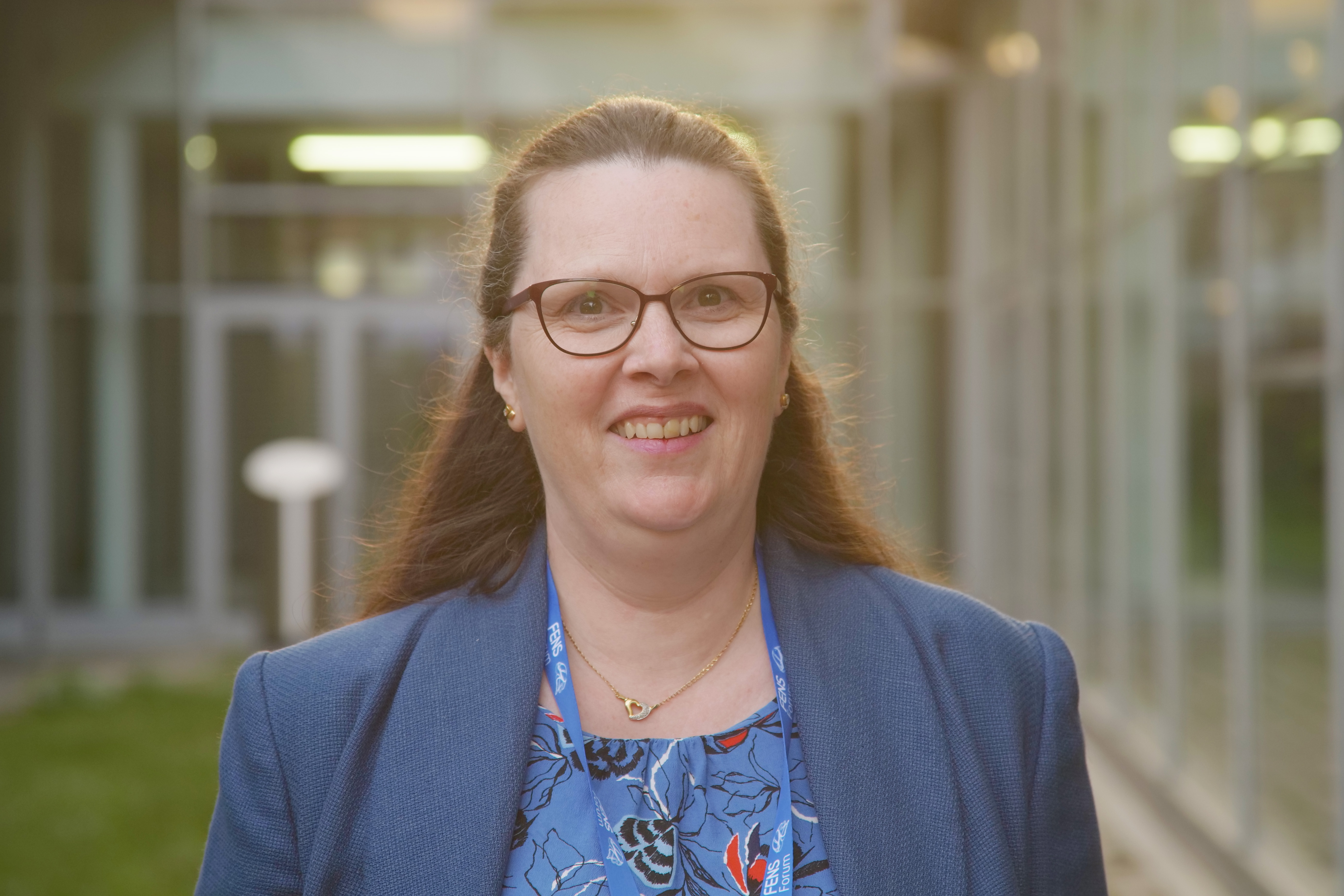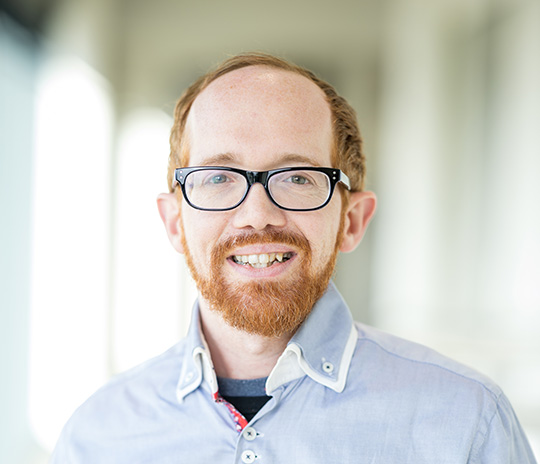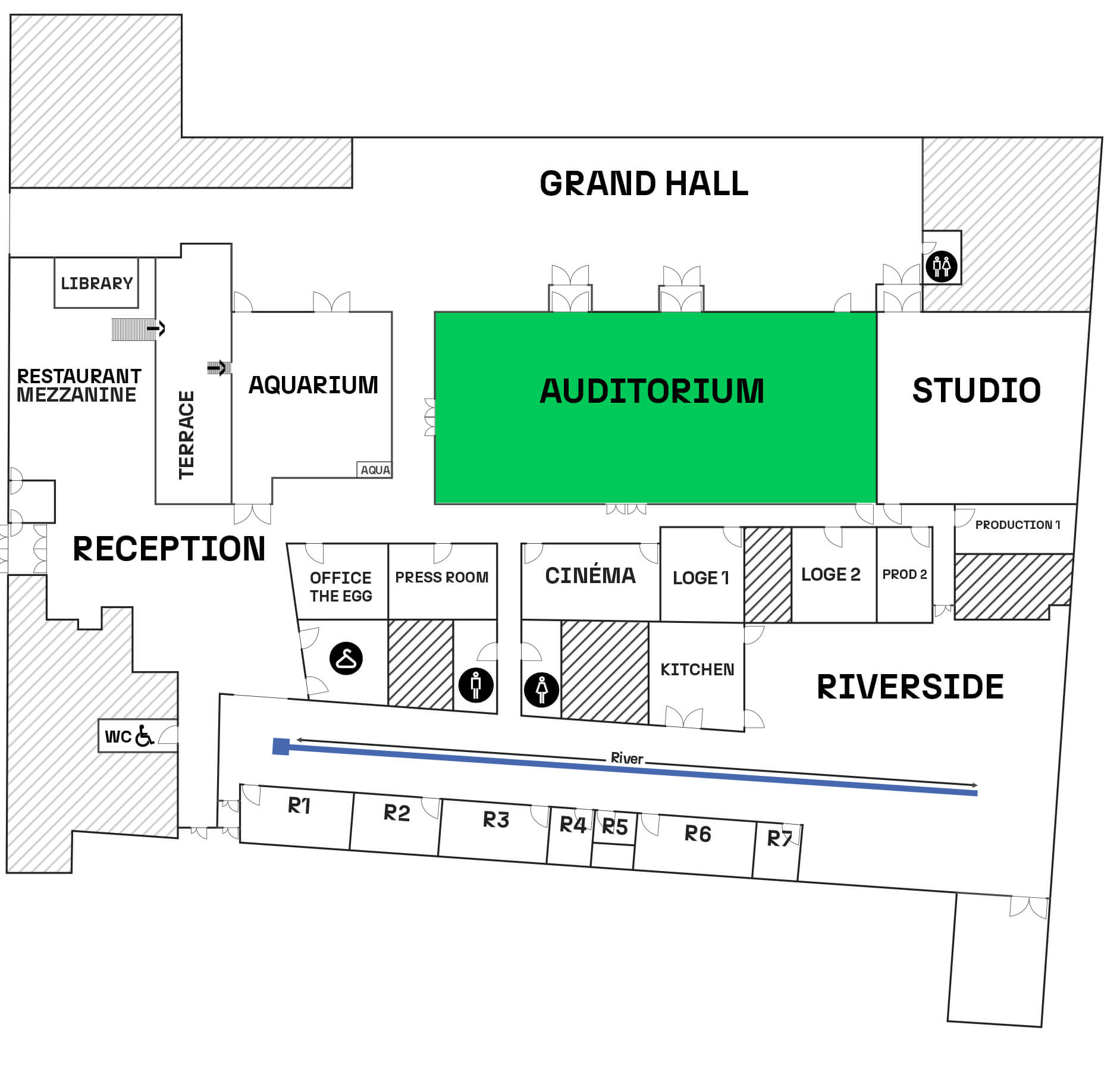Neuroscience Education Plenary by INCF and EBRAINS Education Task Force
This session will introduce EBRAINS and INCF’s efforts to democratise neuroinformatics and make tools and resources developed by the large-scale brain initiatives more classroom ready. In addition, an example of an EBRAINS resource used in education will be presented; and participants will be introduced to the NeurotechEU, the European University Alliance of Brain and Technology.

Who You’ll Be Hearing From
This session brings together expert voices from across the EBRAINS community and beyond. Discover the people sharing their insights, research, and perspectives on the topic.


Dr Wim Scheenen studied biology at Radboud University. He holds a PhD degree in Science with a specialisation in Comparative Endocrinology. During his scientific career as an Assistant Professor in Cellular Neurobiology (1997-2017), he revised the M.Sc. Medical Biology from his role as Education Coordinator of the education institute Bioscience, and later as its Director, he led the revision of the B.Sc. curriculum. Biology. As head of the Education Centre from 2017 to 2022, he was responsible for all educational support to the faculty of Science. During that period, he was one of the co-founders of the university-wide management team Education and Student Affairs (MESA). As head of the Education Centre, he participated in the Radboud Platform Internationalisation and several ad hoc platforms during the COVID-19 pandemic. Since January 2023, he is the education project manager at Radboud University for NeurotechEU. He leads the work package on Interdisciplinary Knowledge Creation and is responsible for the education of NeurotechEU, as well as being involved in the interoperability challenges of the alliance.


Mathew Birdsall Abrams, PhD, MPH is Director of Science and Training at the International Neuroinformatics Coordinating Facility (INCF), a global organization dedicated to open, FAIR, and citable neuroscience. Mathew is a neuroscientist with over 25 years of experience in both experimental neuroscience and clinical psychiatry, as well as 12 years of experience in community coordination, community building, and product development in neuroinformatics. Mathew has worked with the infrastructure developers of the world’s large scale brain initiatives (BRAIN Initiative in US, Human Brain Project in Europe, Canadian Open Neuroscience Platform, and Brain/MINDS in Japan). He also holds Positions of Trust in many neuroscience societies (e.g. SfN, FUN, FENS, and IBRO). Mathew conducted his doctoral thesis research at Tulane University and Karolinska Institutet, obtained his MPH in Health Systems Management at Tulane University School of Public Health and Tropical Medicine, and completed his undergraduate education at the University of Richmond.


Maja Puchades received her PhD in Neurochemistry at the Gothenburg University, Sweden in 2003, on developing proteomic methods for studying biomarkers of Alzheimer’s disease. After several post-doc periods working with different neurodegenerative disease models, she joined the Neural Systems Laboratory at the University of Oslo in 2015. The main research focus is development of software tools for analyses of rodent data in context of 3D reference atlases. In the Human brain project (HBP) and EBRAINS infrastructure, she acted as deputy leader for the Brain atlas service and related tools and participated to the EBRAINS Curation team. Newly appointed as work package manager in the EBRAINS 2.0 project, she works in the Services for FAIR neuroscience data and data processing.


Johannes Passecker is a tenure-track Assistant Professor for Systems Neuroscience at the Medical University Innsbruck, Austria and Co-founder of TiliaHealth. He is General Secretary of the Austrian Neuroscience Association, active in a number of committees to advance neuroscience education and teaches himself at the crossroads of neuroscience and Digital Medicine
Find your way on the map

